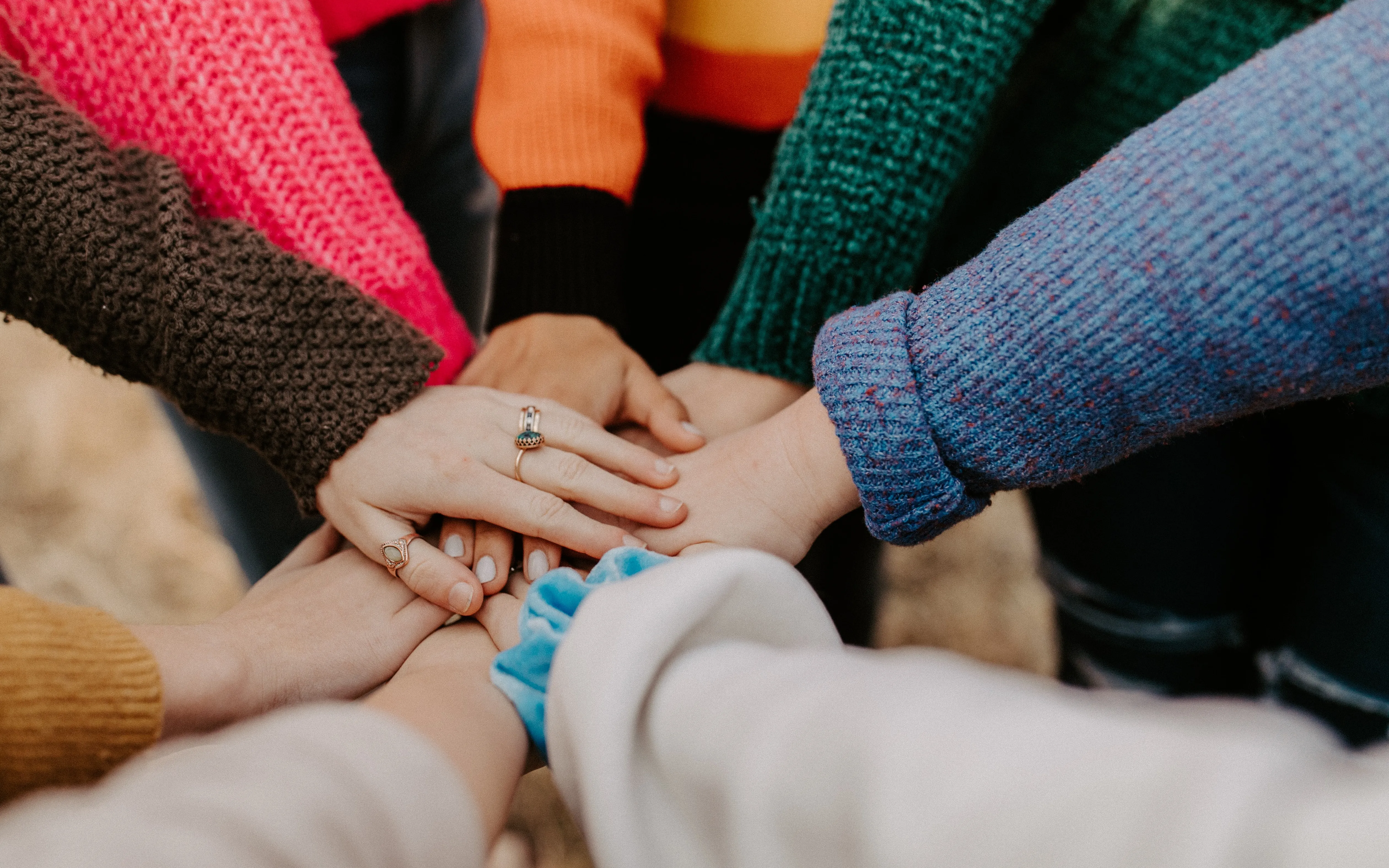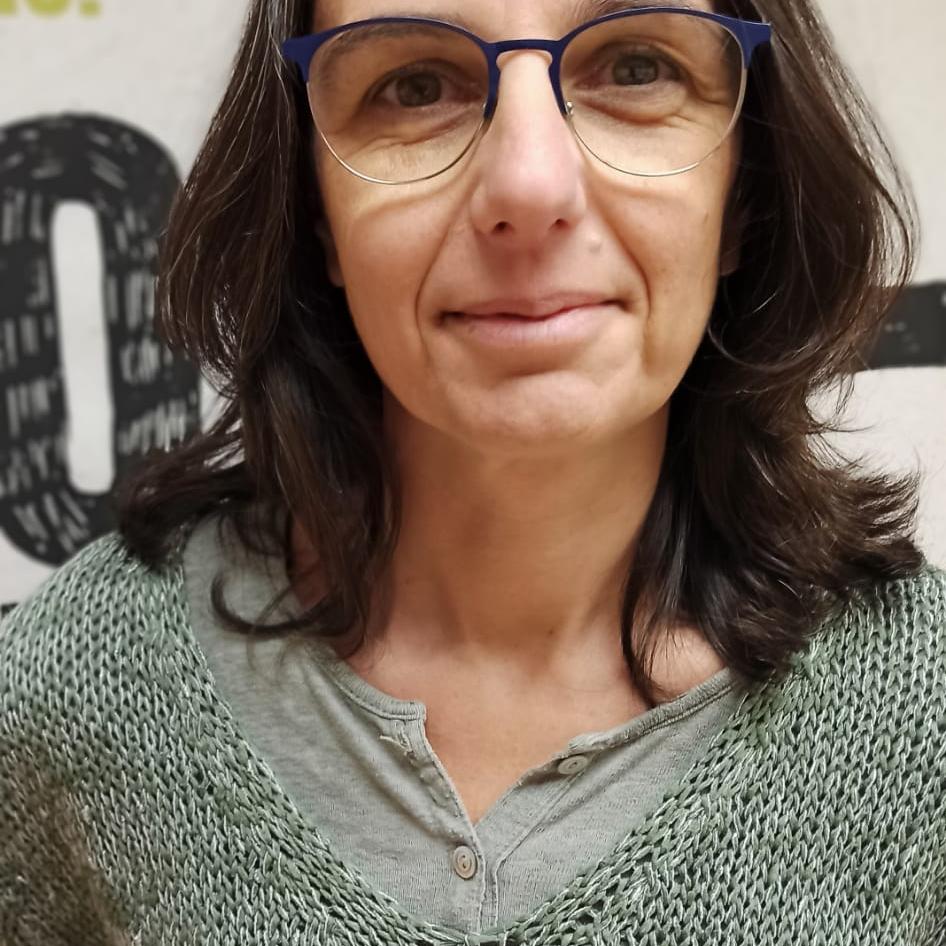
When January arrives, a curricular campaign comes with it which we have named Dia Escolar de la Noviolència I la Pau (School Day of Nonviolence and Peace), a campaign that many centres understand only as the antithesis of violence and, therefore, of war.
Talking about peace in schools means talking about what is done every day: about that child whose dining scholarship we manage, about the social aid for the purchase of books and school supplies, about the girl who today is leaving the health centre where she has been staying, about that boy they had to take out of his home and now lives far away and arrives late because he comes to school with public transport which always runs with delays at rush hour... And in these day-to-day tasks, in this exhausting balance of a teaching staff that gives much more than should be expected, now, a pandemic is also being managed, that of covid, and that of indifference, that of the democratisation of poverty... Even on weekends.
And when January arrives, a curricular campaign comes with it which we have named DENIP: Dia Escolar de la Noviolència I la Pau (School Day of Nonviolence and Peace). A campaign that many centres understand only as the antithesis of violence and, therefore, of war.
Despite daily practice, it hasn’t been understood that peace is what we are building every day when we make these arrangements to ensure the inclusion of each and every girl and boy in the centre. The ones we carry out when we revise the rules of the centre and its protocols to apply fairer decisions for each case, when we discredit the first sign, behaviour or violent attitude among peers or students. When, despite our efforts, we evaluate by abilities, carrying out projects, collective challenges and diverse curricular actions that favour learning from different perspectives and experiences. When we spend part of our time listening to boys and girls telling us how they’re doing, what they’re experiencing, what their interests, their fears and their insecurities are. Creating bonds of trust and security in the classroom that facilitate dialogue, coexistence and, finally, learning, the motivation to grow and the desire to live collectively. When, behind the class list, behind each name, we see the person who grows with body and soul, with life, with anxieties and with longings.
DENIP aims to show teachers that peace is already being achieved in schools and that we can probably improve its implementation with knowledge and advice. These teams, however, must be clearly committed to this. And the month of January leaves us, curriculum-wise, space in the classrooms and in the centres to do so.
We take advantage of these hours to make sense of these day-to-day activities, to become aware of them. And to know that management of dining scholarships means ensuring article 25 of the Declaration of Human Rights for a child, the right to food. To know that to receive a student who has come out of a long period of hospitalisation is to welcome and include again in society someone who had been left out. That to justify the absence of this student who arrives late now that he takes terrible public transport is to give security to someone who has had to live in a very difficult situation, ensuring their personal development and growth despite adversity. That to revise protocols means to include everyone with the same rights, guaranteeing their dignity, inclusion, respect, identity, development and, finally, the antechamber for the peaceful resolution of the conflicts with which every day we build life in schools, whether it's January 30th or 31st. It's all about peace, let's be aware of it: we make it and practice it every day.



Add new comment